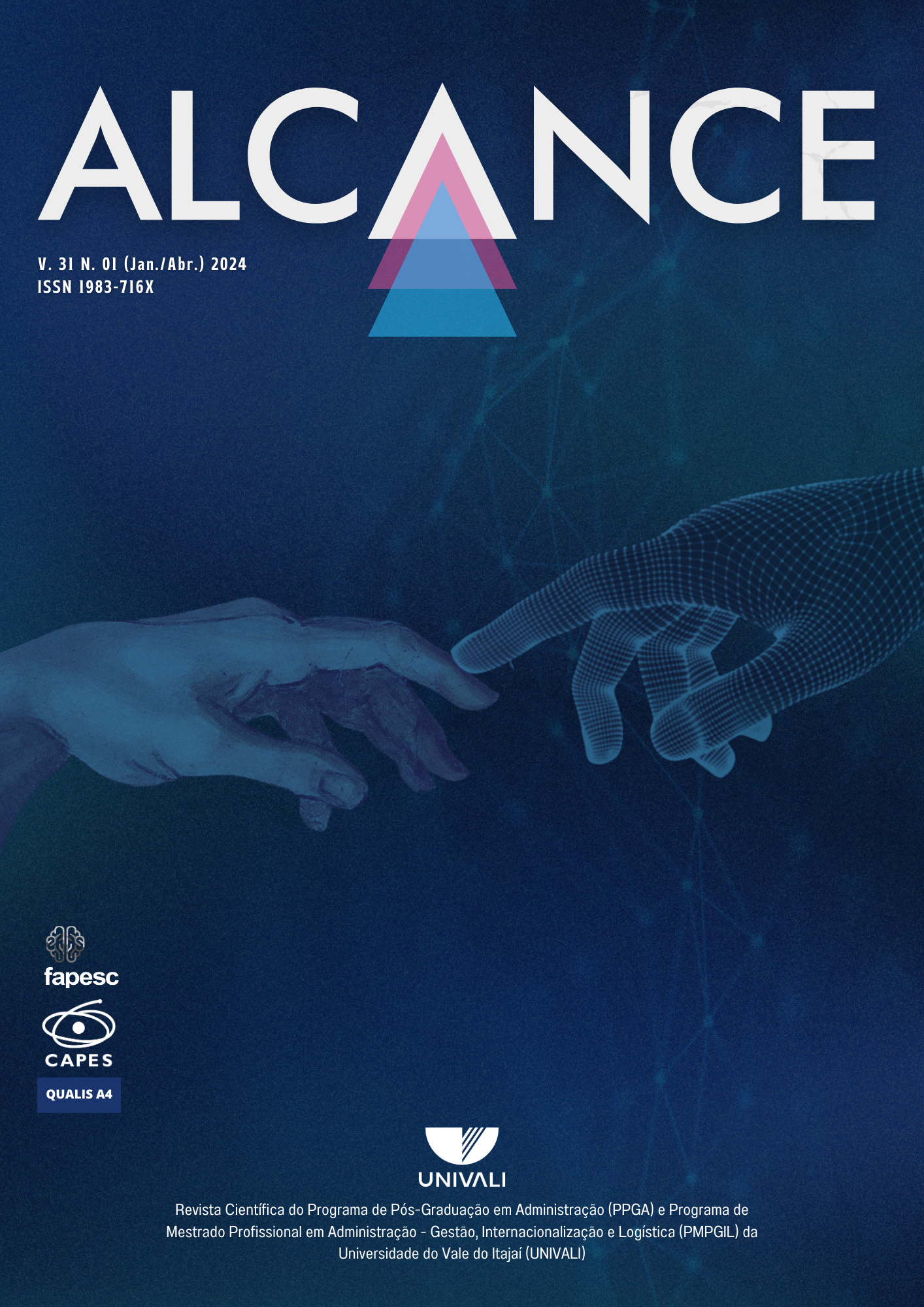
Dilemma: What can the Ki-taek family do to survive the hardships caused by neoliberal governmentality?
Educational Objective: This case was developed to assess the implications of neoliberal governmentality on individuals' living conditions and analyze the possibilities for overcoming these implications, as well as the role of the state in this regard.
Context: The Ki-taek family lives in dire poverty in an unhealthy basement on the outskirts of Seoul, South Korea, due to unemployment. Resorting to odd jobs to get by, the family’s situation begins to improve when Ki-woo starts working as an English tutor for the eldest daughter of a wealthy couple in the city. Enamored by the couple's opulent lifestyle, the Ki-taek family devises a plan to infiltrate this privileged home. The opening created by Ki-woo is enough for all his relatives to see an opportunity for social ascent, even at the cost of a series of schemes that will reveal a high price.
Main Theme: Neoliberal governmentality.
Audience: This case can be explored by postgraduate students in Administration (Advanced Academic and Professional Programs).
Originality/Value: Through this case, students can develop the Foucauldian concept of neoliberal governmentality, constructing a critical view of the state's role in promoting social justice. Additionally, students are expected to reflect on the ethical implications of the decisions and actions undertaken by the Ki-taek family.




Ambrózio, A. (2012). Governamentalidade neoliberal: disciplina, biopolítica e empresariamento da vida. Kínesis-Revista de Estudos dos Pós-Graduandos em Filosofia, 4(08), 40-60.
Costa, S. D. S. G. (2009). Governamentalidade neoliberal, teoria do capital humano e empreendedorismo. Educação e realidade, 34(02), 171-186.
Dardot, P., & Laval, C. (2017). A nova razão do mundo. Boitempo editorial.
Foucault, M. (2008a). Segurança, território, população. Trad. Eduardo Brandão. São Paulo: Martins Fontes.
Foucault, M. (2008b). Nascimento da biopolítica. Curso dado no Collège de France (1978-1979). São Paulo: Martins Fontes.
Kleine, B. F., & dos Santos, L. L. (2021). Interfaces reflexivas entre o filme Parasita e o regime de acumulação integral. Revista Espaço Livre, 16(32), 32-41.
Lima Filho, E. N., & Chaves, E. (2021). Racismo, Racismo de Estado e Neoliberalismo: Michel Foucault e seus críticos. El banquete de los dioses, (9).
Macêdo Júnior, A. M., do Nascimento, G. V. A., de Loyola Dias, R., Fonseca, M. C., & de Oliveira, S. R. (2022). Elementos da desigualdade social no filme Parasita: uma análise da sociedade brasileira sob a ótica do cinema. Educationis, 10(1), 67-78.
Santos, B. D. S. (2007). Para além do pensamento abissal: das linhas globais a uma ecologia de saberes. Novos estudos CEBRAP, 71-94.
Verissimo, M. L. S., da Silva Reis, G. R. F., & Pereira, F. (2020). Parasita (s), contaminados, invisíveis, abissais. REMEA-Revista Eletrônica do Mestrado em Educação Ambiental, 37(2), 487-509.
Tótora, S. (2011). Foucault: biopolítica e governamentalidade neoliberal. Revista de Estudos Universitários-REU, 37(2).




This work is licensed under a Creative Commons Attribution 4.0 International License.






Revista Alcance is a Brazilian free access journal, published every four months, linked to the Graduate Program in Administration and the Professional Master’s degree in Administration, Internationalization and Logistics Program of the University of Vale do Itajaí – Univali. We seek to publish theoretical-empirical and technological articles in the areas of Business Administration. Different theoretical and methodological perspectives are welcome, as long as they are consistent with and relevant to the development of the area.

